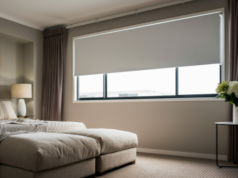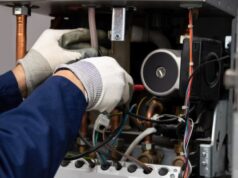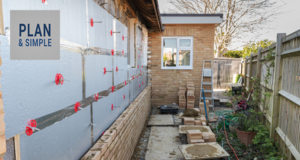
Artificially cooling an area depends heavily on how well you can keep heat out of it. Good insulation is vital to ensuring that your house remains cool.

Insulation can have a big effect on how strong an air conditioner or heater you need in order to cool or heat a room. This is because it acts as a barrier, keeping heat from being transferred into or out of the room. Insulation is just as important for cooling as it is for heating. In winter, it prevents heat from escaping from your house, and in summer it’s the thing that keeps it out of the house.
How does heat make things hot?
A fairly dumb way of asking this question perhaps, but a valid question nonetheless. There are three distinct ways that heat is transferred:
1. Conduction – this involves heat being ‘conducted’ through solid materials. An example is when heat enters the room through metal door frames and window frames.
2. Radiation – this involves heat being radiated directly into a room from an external source, such as the sun, even when you’re in a cold room.
3. Convection – this is the process where hot air rises and warms whatever is above it. If a concrete floor absorbs enough sunlight, it will store heat and release it as convected heat.
Various forms of insulation can help to control all three of these effects.
How do I know which insulation to use?
There are several different types of insulation, all of which will play some role in improving the thermal efficiency of your home, and all of which have different properties and merits. You should have adequate insulation in your walls and ceilings. The main thing to consider is the ‘R-value’ of the material you intend on using.
An R-value is the measurement used to figure out the insulation’s thermal resistance, which shows how good of an insulator it is. The higher the value, the better the insulation will be. Typically the thicker a material is, or the more ‘layers’ a material has, the better it is at preventing the transfer at heat.
The cost benefit
While there are a lot of factors that can change the efficiency (and therefore cost) of an air conditioner or heater, proper insulation could save you up to $300 per year in cooling and heating costs – depending on your usage, naturally. A well insulated home is up to 10 degrees warmer in winter and up to 7 degrees cooler in summer.





